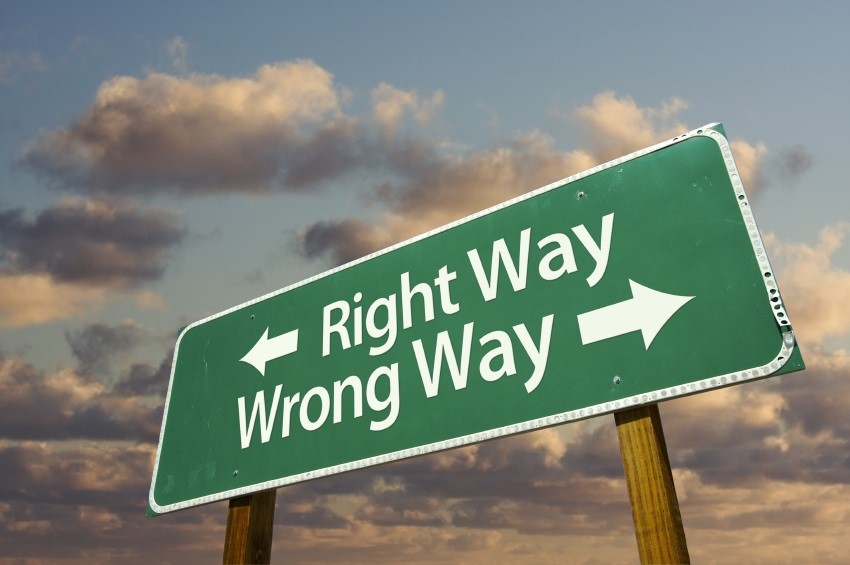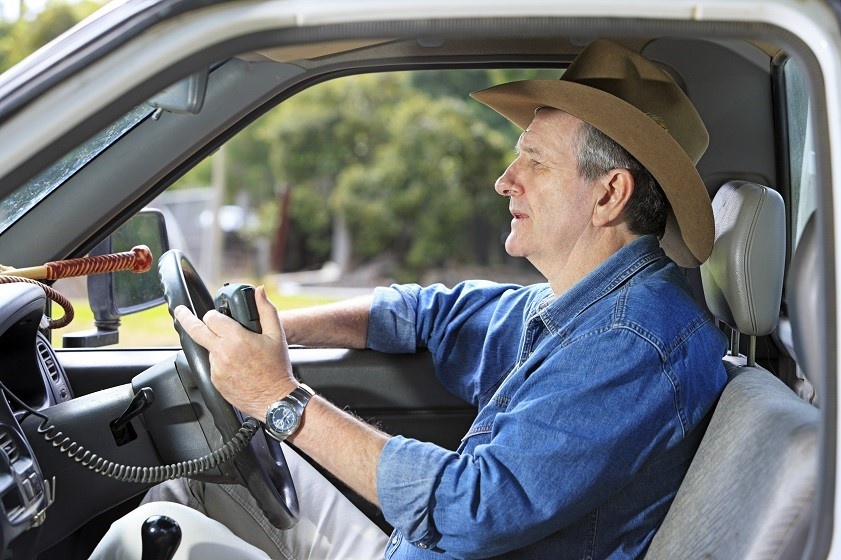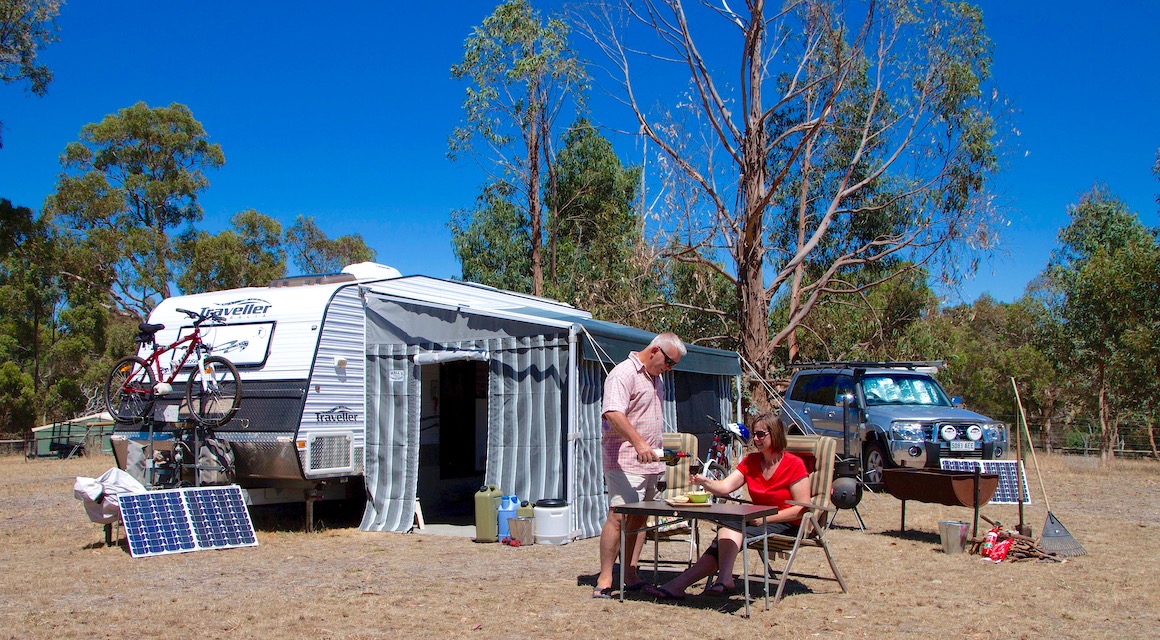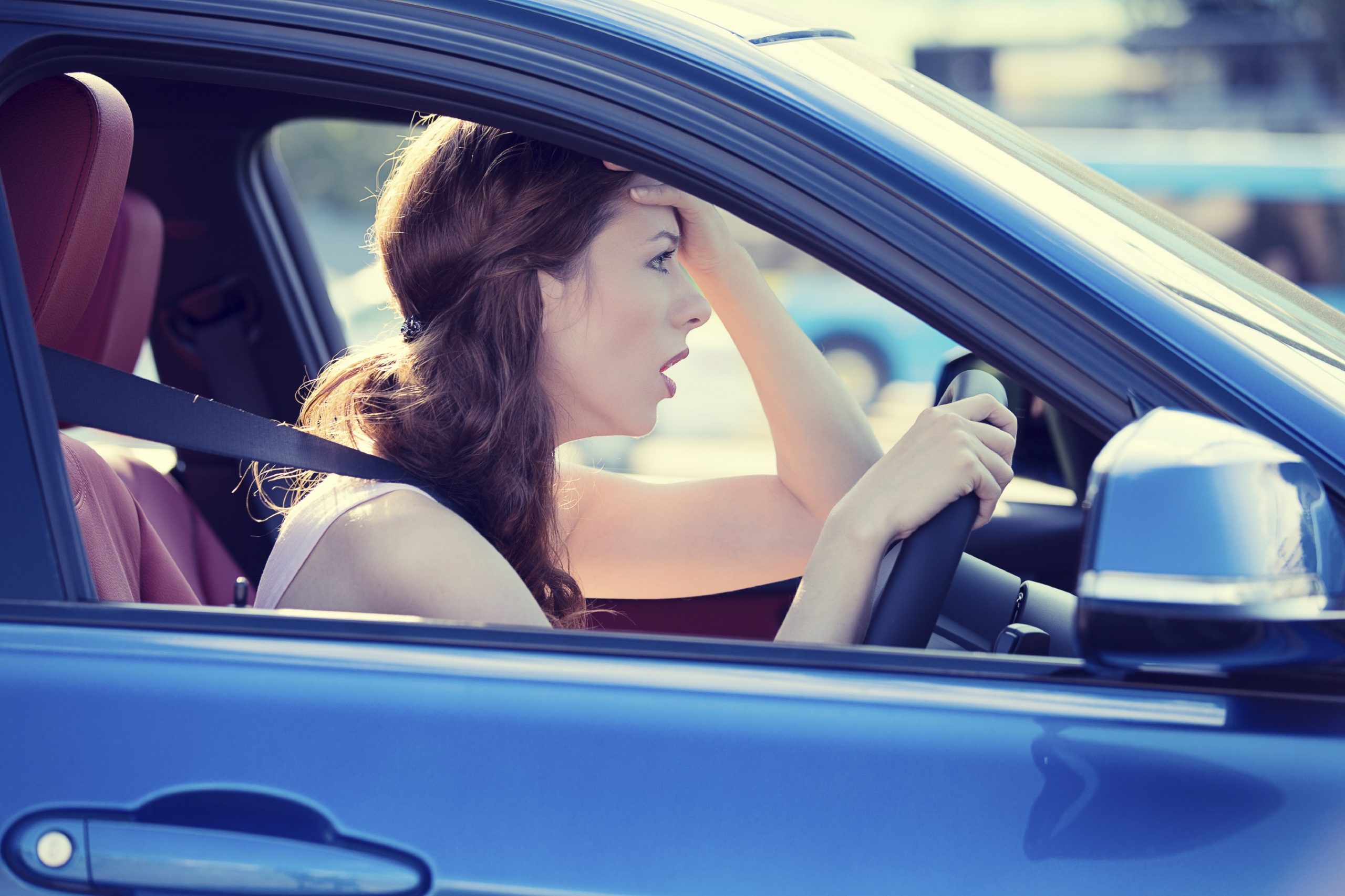When towing a trailer, it’s a good idea to familiarise yourself with safety regulations and restrictions on the trailer and towing vehicle. Here’s a general guide of trailer towing dos and don’ts.
Dos
Do check your speed
There are no specific references to trailer speeds in Australian road rules, so for trailers less than 4.5 tonnes, the maximum permitted speed is the posted speed limit. However, the road laws in Western Australia state that while towing vehicles can drive the posted limit, towing trailers with an aggregate trailer mass (ATM) of 750kg or greater are limited to 100km per hour.
Do judge road and weather conditions
Safety always comes first, so drive at a safe speed according to the road and weather conditions. It will be up to you to decide what’s safe to ensure trailer stability on different roads and in various traffic and weather conditions. Remember, your vehicle is heavier than usual, so stopping and manoeuvring in tight spots may be difficult.
Do check equipment needed before towing
Tow bars and trailer wiring connectors are needed when towing a trailer, but in instances where the trailer mass is close to the upper limit of the tow vehicle’s requirements, you may need to fit high-capacity tow bars, heavy-duty rear suspension and brake controllers. To ensure stability you can also fit load-distribution devices to the tow vehicle, but seek advice from the vehicle manufacturer before fitting one.
Do fit a safety chain
In Australia, you must use safety chains. They must be strong enough to hold the trailer should the trailer coupling accidentally become disconnected, and they must comply with the appropriate Australian standard.
Do check the tow bar height
Consider the height of the vehicle tow bar and the trailer’s draw bar. They should be level in order to be stable and safe.
Don’ts
Don’t assume your tow bar can tow heavy loads
If your car has a tow bar, it doesn’t mean it’s safe to tow a heavy trailer. Many tow bars are only intended for light trailer loads The tow bar has a plate fixed to it which shows its tow rating.
Don’t buy non-genuine tow bars
When buying a tow bar, it may be cheaper to buy a non-genuine product. But keep in mind that the specialist tow bar manufacturer’s towing kit may include other things, such as heavy-duty suspension, body reinforcement and additional transmission oil coolers.
Don’t tow a heavy load without safe brakes
If your trailer has a gross trailer mass (GTM) of less than 2,000kg, it must be fitted with brakes that operate on at least one axle. Override brakes are acceptable on trailers up to 2,000kg GTM, but trailers with a GTM greater than 2,000kg are required to have brakes that can be automatically applied, and they must also have brakes on all wheels.
Follow this simple guide to trailer towing and you’ll ensure your drive is a safe one for you and other road users.
Check out this guide for things you need to know about trailer towing and here’s a guide to maximum trailer mass.





